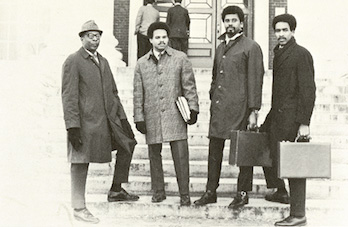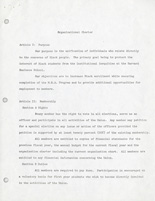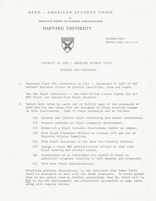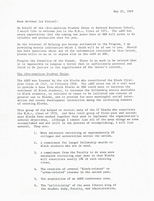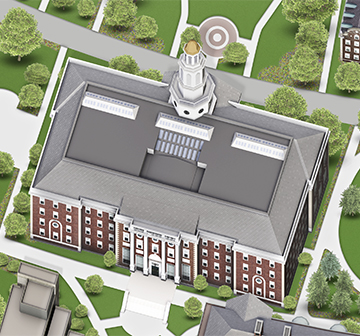To address the educational and social experience of African American students at HBS, AASU proposed four core goals: increase Black enrollment in the MBA program; raise more fellowship funds for Black students; add new courses relevant to Black students; and promote meaningful social interaction and career development.17 In 1968, AASU founders traveled to their alma maters and other colleges and universities to recruit students. With the HBS administration, members of AASU in its early years succeeded in dramatically raising the number of African American students (27 African Americans graduated in 1970 and 58 in the following year). They also created the impetus for increased fellowship funding, courses on economic development in underserved communities, and broader representation in the HBS faculty.
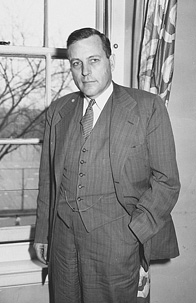
Dean of HBS from 1962 to 1970 and a member of the HBS faculty for 38 years, George P. Baker played an integral role in responding to and moving forward the goals of AASU. AASU founders worked closely with Baker and acknowledge his contributions to the organization. "Dean Baker was interested in what we were saying," Clifford E. Darden (MBA '69, DBA '82), said.19 Baker sought funding to make the recruitment of Black students possible, "not something that most deans would have done in that environment in 1968," Lillian Lincoln Lambert (MBA '69), remembered.20 He also established a fellowship program providing financial support for African Americans while they were attending HBS. Baker's belief in the importance of business education for the achievement of economic equality prompted him to initiate a fellowship program for African American students at ten graduate schools of business administration, known as the Council on Graduate Management Education (COGME).
